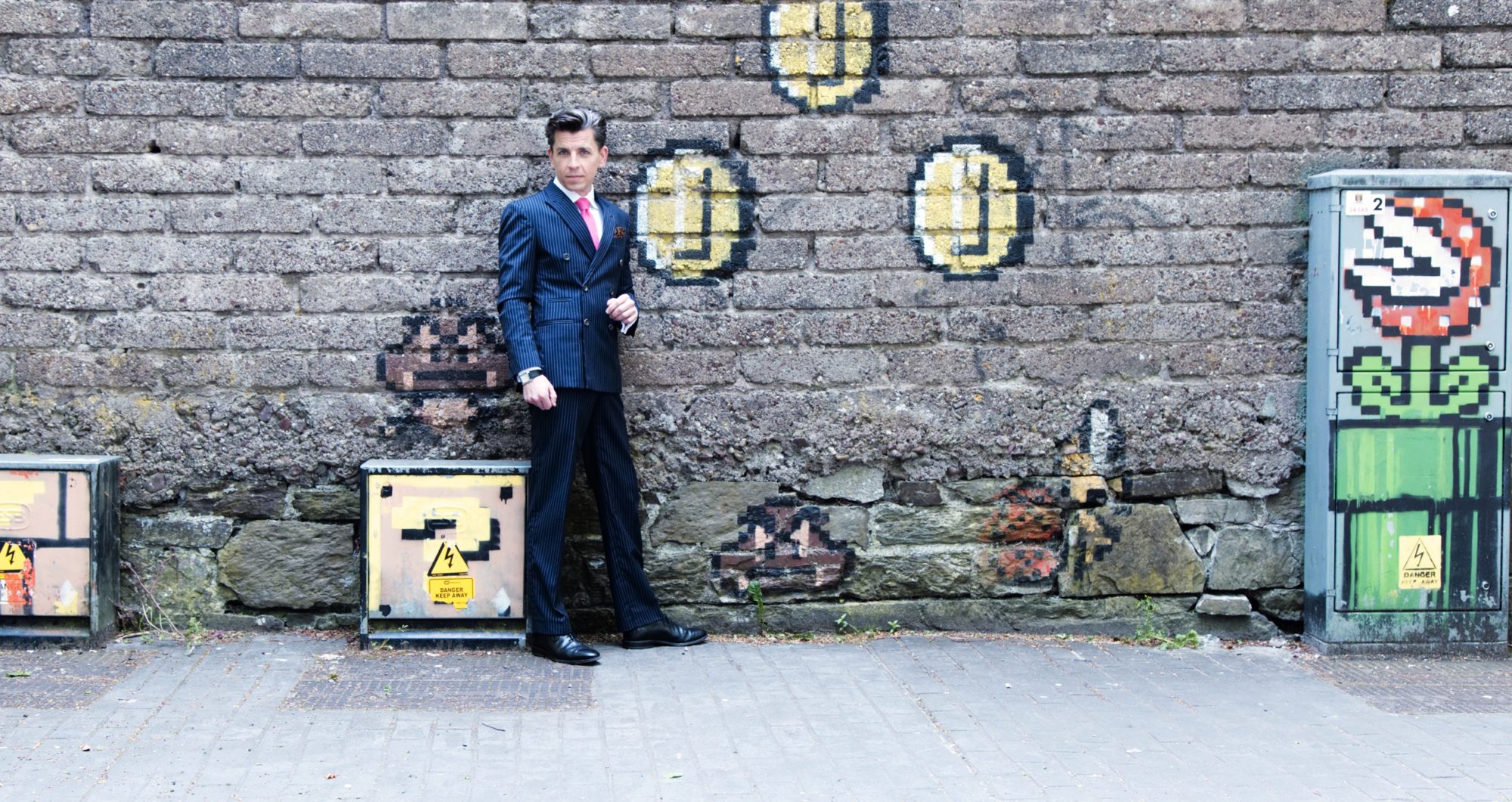How long would YOU last in the zombie apocalypse?
PLAYLIST: The Art of The Apocalypse: From A.I. to Zombie – YouTube
Read about “The Art of the Apocalypse” in Trinity’s ResearchMATTERS magazine and blog:
https://www.tcd.ie/research/researchmatters/mcqueen.php

My research explores the increasing use of the “apocalypse” as an everyday alternate-reality thought experiment; from the playfully ironic to the deadly serious. Whether triggered by zombies or viral pandemics; by sentient autonomous robots or A.I. algorithms; by climate change or nuclear proliferation; by the hubris of humanity or the wrath of God; the imaginary apocalypse has grown so popular that it is helpful to remember that the fate of humanity is not yet written in stone.
For the moment, at least, all apocalypses are hypothetical.
Unfortunately, the post-apocalyptic stories we tell ourselves also all too often reinforce and perpetuate dangerous or unethical ideas including the glorification of gun culture, fascism, patriarchy, racism, slavery, and genocide against the “other.” Post-apocalyptic narratives often matter-of-factly hinge on extreme violence, delivered without remorse, against those deemed “infected” or “less than human.”
Still another insidious aspect of apocalyptic fantasies is the reassuring, but surely false, message that an apocalypse might be survivable; or even preferable to life as usual. This unlikely convergence of apocalypticism and utopianism is not only profoundly ironic, it is also a fitting symbol of our times. Apocalypse utopianism also introduces a new risk: self-fulfilling apocalypticism.
In exploring the darker themes implicit within the apocalyptic imaginary, I do not merely critique these narratives, but map how they might be deconstructed and reconstructed in order to guide ethical and data-supported educational content. I further explore how hypothetical apocalypse scenarios might enable us to improve ourselves, our societies, and our institutions today, by imagining alternate tomorrows.
Preparing for the “apocalypse” is not merely a way of “preparing” for an apocalypse; it is also a way of preventing one. In my YouTube web-series entitled The Art of the Apocalypse: From A.I. to Zombie, I take a postmodern approach to the post-apocalypse, using digital platforms to provide real-life preparatory strategies for the collapse or ascendence of digital technologies.
In The Art of the Apocalypse: From A.I. to Zombie, I leverage my artistic and academic research toward ethically guided apocalypse themed workshops and teamwork building activities across a range of culturally significant issues including: disaster preparedness, supply chain disruption management, empowerment-based self-defense, wilderness survival, digital media literacy, cognitive behavioral insights, sustainable digital practices, and secular spiritual practices.
The apocalypse is not a destination, it’s a journey.

